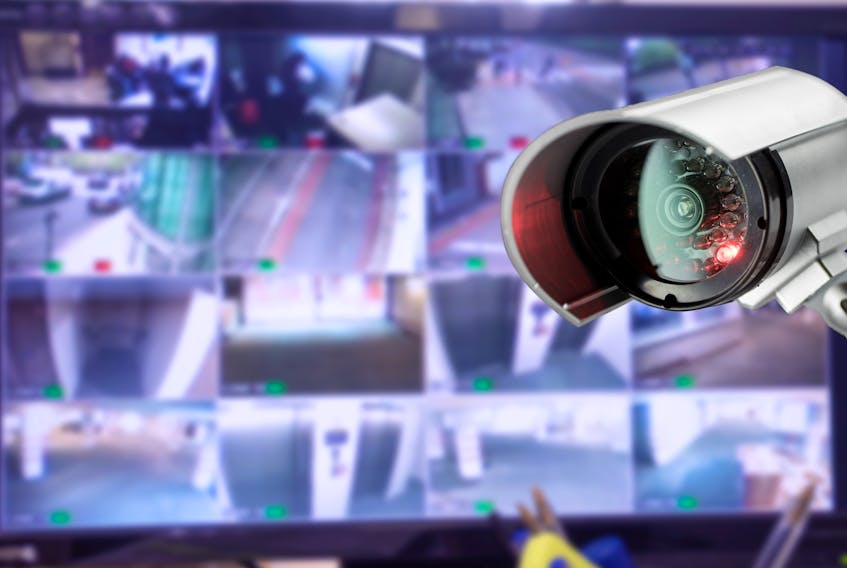The Town of Paradise believes it has the right to keep its camera surveillance system going and is hoping the Newfoundland Supreme Court sees the issue through the same lens.
The town’s cameras became the focus of a complaint to the province’s Office of the Information and Privacy Commissioner.
In a report release a couple of weeks ago, Information and Privacy Commissioner Donovan Molloy found the town’s video surveillance system was collecting personal information without the proper authorization set out in the Access to Information and Protection of Privacy Act, 2015 (ATIPPA, 2015).
The commissioner recommended the town shut down the camera surveillance system until it can be demonstrated that the town is in compliance with the act.
The town had 10 days to file a response with the commissioner.
In a news release this week, the town stated it notified Molloy that it would be applying to the Supreme Court Newfoundland and Labrador for a declaration that it is not required to comply with the recommendation in the report.
“The video surveillance system for town-owned and operated facilities was implemented to improve the security and safety of town operations,” the release states. “Prior to the installation of the system, the town experienced an increase in incidents around its facilities, including property damage and theft, false activation of fire alarms, vandalism, and a bomb threat. The town wanted to ensure it was doing all it could to keep employees and facility users safe and assets secure.”
Molloy’s investigation into the town camera system was based on a complaint made against the town in September 2017.
The report notes that 69 cameras are in public areas and 18 in staff-only areas. Out of the 87 cameras, 64 are located outside buildings while 23 are located inside. There are 16 signs posted in various locations advising people that the area is under video surveillance.
Molloy said in the report the town declined to provide much of the information requested during his office’s investigation which is a contravention of the town’s obligations under section 97 of the act.
“One of the premises of the ATIPPA, 2015 is that public bodies must satisfy all requirements with respect to the collection of personal information,” the report stated. “This requirement is interpreted similarly in the ATIPP Office’s Protection of Privacy Policy and Procedures Manual which states, at p. 20: A public body must demonstrate that it is meeting the requirements set out in section 61 relating to its collection of personal information. Where the public body cannot demonstrate that it is meeting the requirements, it should revisit the policy of collecting certain personal information.”
The town stated it has developed a “progressive and comprehensive” video surveillance policy which was approved at a public council meeting before the surveillance system was activated. It outlines the purpose of the system, the areas for surveillance, the authorized users who can access the video, and the archiving requirements of the video. The town feels the policy is thorough and compliant with ATIPPA, 2015.
“The town notified all employees about the video surveillance system prior to its installation and activation,” the release states. “The cameras are installed in open/public areas and staff access only areas of town facilities.”
The town noted that efforts to resolve the matter with the Information and Privacy Commissioner did not result in a resolution to date, thus the need for the court application.









